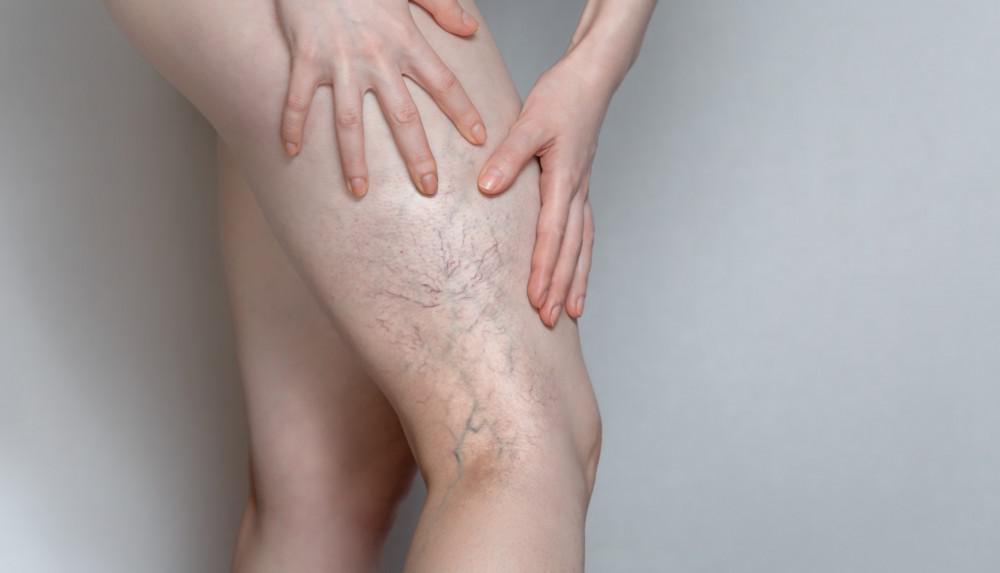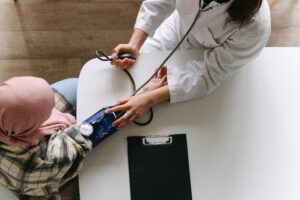Spider veins may not be harmful to your health, but having them on your legs can affect how you feel about your appearance.
At HeartCare Associates of Connecticut, LLC, our vein specialists understand how upsetting it can be to see spider veins pop up on your body.
Our team uses the latest advancements in vein care treatments, including laser therapy, to improve the health of your veins. By eliminating the noticeable veins, we can also improve the look of your legs.
Why you have spider veins
Spider veins are small, noticeable veins that develop just below the surface of your skin. The root cause of spider veins is venous insufficiency. This means that the valves in your veins that prevent the backflow of blood aren’t working properly.
Faulty valves allow blood to leak backwards and pool in the veins closest to the surface of your skin. This produces noticeable veins that are red, blue, or purple in color.
Spider veins are commonly found on your legs because blood has to fight the pressure of gravity to make its way back to your heart. When the veins that are deeper in your leg have venous insufficiency, it can result in varicose veins, which are enlarged, twisted veins that protrude from your skin.
You may have an increased risk for developing spider veins if you’re a woman, if you’re pregnant, or if your overweight or obese.
In some cases, spider veins can disappear on their own over time. While you don’t need to treat spider veins for medical reasons, you may wish to do so for aesthetic reasons to enhance the appearance of your legs.
Treatment options for spider veins
At HeartCare Associates of Connecticut, LLC, we offer several minimally invasive options to eliminate spider veins.
Depending on your existing health and the severity of your spider veins, your treatment may include:
Laser therapy
Advanced technology delivers laser energy into the affected vein to seal it shut. The laser moves through the surface of your skin painlessly without incisions and without damaging surrounding skin.
Sclerotherapy
In some cases, sclerotherapy may be used to treat larger spider veins. Sclerotherapy involves injections of a special chemical into the vein. The chemical irritates the vein and causes it to collapse.
Tips for preventing additional spider veins
After your treatment for spider veins, we recommend several strategies for avoiding additional vein problems.
One effective preventative for spider veins is maintaining a healthy weight. You should also try to incorporate more exercise into your day and avoid sitting for long periods of time. When you do sit, practice good posture and avoid crossing your legs.
You can also wear compression stockings to support good blood circulation in your legs. These stockings are especially helpful when you do need to stand for an extended period of time, especially on hard surfaces.
If you’re looking for nonsurgical solutions to get rid of spider veins, call HeartCare Associates of Connecticut, LLC, to discuss your options for treatment.







